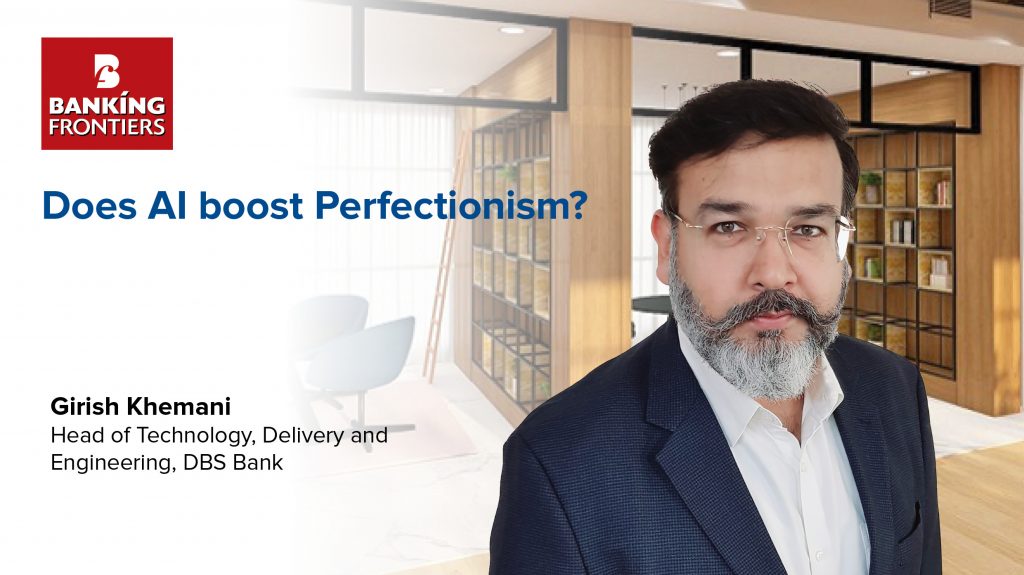Are newer technologies (including AI) boosting IT professionals’ desire to be perfectionists?

Rohit asserts that AI technologies are enabling technology professionals to be ‘easily better’. This means the average programmer is getting better with the help of AI co-pilots for software development. Shobika points out that AI, specifically GenAI, has undeniably raised the bar for efficiency and accuracy, compelling professionals to strive for nothing less than perfection.
Harsh too agrees. New technologies, including AI, are indeed boosting the desire for perfectionism among IT professionals. The powerful tools help achieve higher levels of accuracy and efficiency, raising the bar for what is considered ‘perfect.’ AI, in particular, provides previously unattainable predictive analysis, error detection, and optimization capabilities. This pushes professionals to continually leverage these tools to refine their work, striving for an ever-higher standard of perfection. Harsh gives the example that AI-driven debugging tools can help identify and resolve issues faster, allowing developers to focus on optimizing their code further.
Binod explains that newer technologies, (including AI), reshape the IT landscape and influence professionals’ desire for perfectionism. The rapid advancement and increasing complexity of technology raise the bar for technical capabilities and expectations, driving individuals to strive for perfection in their work.
IT professionals may feel compelled to achieve perfection in AI-driven solutions to ensure optimal functionality, accuracy, and user experience. Moreover, the inherent complexity of AI systems and the potential consequences of errors or biases reinforce the need for meticulous attention to detail and rigorous testing, says Binod.

Sarita believe newer tools and technology like AI and Gen AI would drastically change the work pattern and help IT professionals achieve digital perfectionism with much higher efficiency and productivity. She feels it will ease the mental pressure on professionals to achieve a sense of excellence and meet the delivery deadline with quality work. This space is still evolving and requires human intervention.
Anupreet sees newer technologies significantly impacting the behavior and attitude of IT professionals. In fact, there are multiple reasons for this, such as user demand, competition, data analytics, the availability of data stores and data lakes, the existence of data scientists, and the expectations from the level of automation and efficiency.
Girish sees newer technologies like AI creating a dual effect. On the one hand, they alleviate some of the perfectionist pressure by automating routine tasks, ensuring precision and allowing them to focus on higher-level tasks. On the other hand, integrating and optimizing these technologies require a high degree of accuracy, fostering a perfectionist approach.
Vamsi is the one who disagrees. He points out that AI, especially generational AI, allows you to mend your content, code easily, and UX designs far more easily than off-the-shelf tools. Why aim for perfectionism when AI can do it for you?
So essentially, it boils down to AI boosting desire vs capability to be a perfectionist. Some believe that desire will go up and some believe that capability will go up. And some believe that both will go up.
Read more:








